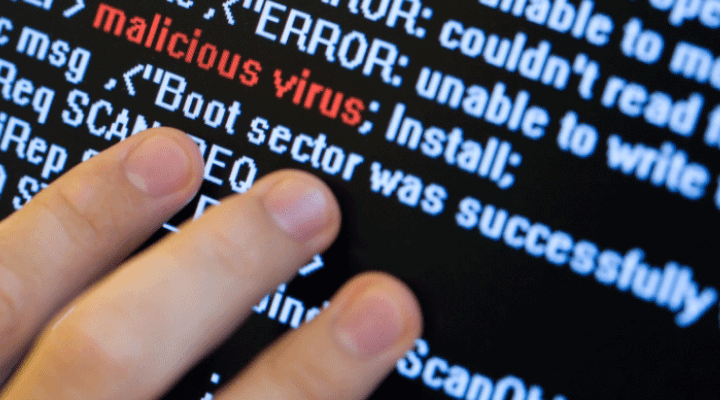We’ve been following the evolution of cyber warfare operations pretty closely since National Security Agency Director Michael Hayden said, “[B]less me Father, I have sinned, because I was part of it. We could be accused of nudging the militarization of cyberspace in that direction by the way we talked about it as a nation and by the way we have organized ourselves as a nation.” Last week, France was next to be nudged into militarized cyberspace and take its place as another player in the emerging and more and more crowded world of cyber warfare operations (CYWAROPS).
CONTEXT
France’s Cyber Command is the most recent of a long series of steps taken to shore up France’s cyber readiness. France recognizes the deep and darker implications of their move. French Defense Minister Jean-Yves Le Drian said that France’s decision to launch its own Cyber Command (Cybercom) is “’the country’s response to the realities of a new style of warfare, on a par with the use of aircraft in the early 20th century.’” Echoing Hayden’s interpretation of the evolution of CYWAROPS, Le Drian understands exactly what this step means. For France, it’s a logical next step while its allies gird themselves for CYWAROPS.
It was only late July when the White House issued Presidential Policy Directive 41, (PPD-41) “United States Cyber Incident Coordination” and its annex, “Federal Government Coordination Architecture for Significant Cyber Incidents.” PPD-41 is our own Commander-in-Chief’s cyberwar WARNO. In October, French Prime Minister Manuel Valls announced France’s cyber strategy. That document, French National Digital Security Strategy, focuses predominantly on safeguarding French economic and physical infrastructure from attack. “Under the new doctrine of war,” writes SC Magazine’s Tom Reeve, “a cyberattack could constitute an act of war, necessitating an ‘appropriate response’ from Cybercom.”
CAPACITY
“’The emergence of a new area, a new cyber-battlefield, must make us rethink profoundly our way of approaching the art of war.’” That’s how Le Drian sees it. So it’s understandable that France is very clear that the capacity it is building is for offensive operations. “’Our offensive cyber-capabilities,’” the French Defense Minister said, “’must allow us to breach the systems and networks of our enemies to cause damage, service suspensions or temporary or definitive neutralisations,’” Indeed, “France might hold states responsible for any hacking activity that came out of their country if it was found that they hadn’t taken steps to stop them.”
OPPORTUNITY
France’s Cyber Command will require more than 2,500 cyber experts to operate, and the country will most certainly be looking to world partners to help man, train, and equip the center, which means new opportunities in France for professionals with the technical capacity to contribute. Questions ahead are, who will follow the United States and France in establishing strictly cyber commands? How will the cyber commands around the world be integrated and synchronized? There’s a host of challenges and opportunities emerging out for cleared cyber professionals, and they will continue to grow.


